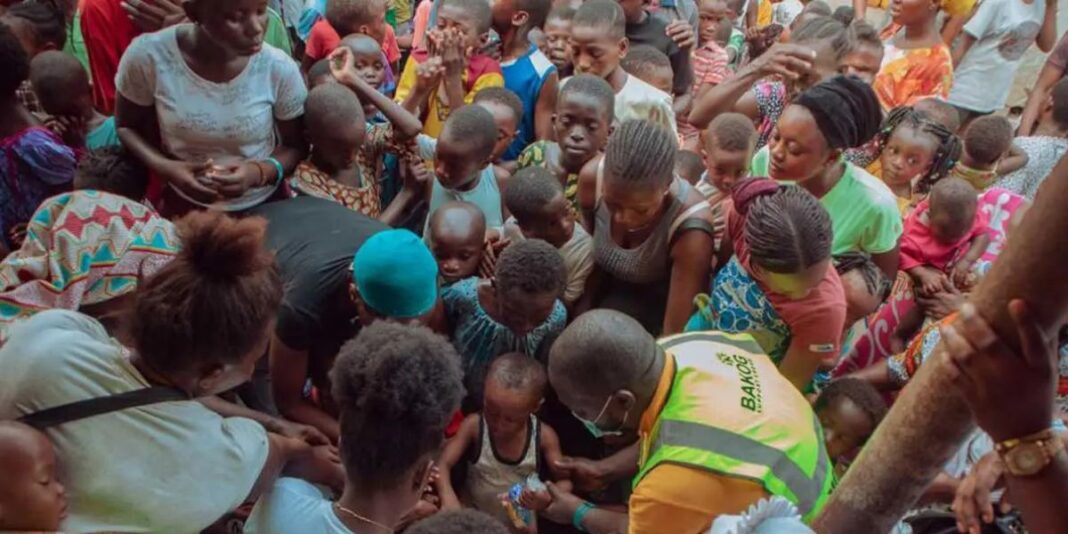The World Bank has projected a troubling outlook for Nigeria, warning that poverty levels in the country are set to rise by 3.6 percentage points by 2027. This was revealed in the latest Africa’s Pulse report, released during the IMF and World Bank Spring Meetings in Washington, DC.
According to the report, Nigeria’s overdependence on oil, fragile economic conditions, and governance issues are major contributors to the worsening poverty situation. The country’s structural weaknesses and national fragility continue to hinder significant progress in poverty reduction.


Currently, around 106 million Nigerians are living in extreme poverty. Nigeria, alongside the Democratic Republic of Congo (14%), Ethiopia (9%), and Sudan (6%), accounts for half of sub-Saharan Africa’s poor population.
“Sub-Saharan Africa has the highest extreme poverty rate globally, with a large concentration of the poor residing in just a few countries,” the World Bank stated.
By comparison, other regions report significantly lower shares of the global poor: South Asia accounts for 8%, East Asia and the Pacific 2%, the Middle East and North Africa 5%, and Latin America and the Caribbean 3%.
The report links rising poverty in Nigeria and similar economies to falling oil prices and fragile governance. “This reflects a well-known trend where countries with abundant natural resources and unstable governance experience higher poverty rates,” it said. In 2024, poverty in such countries averaged 46%—13 percentage points higher than in resource-rich but stable nations.


Meanwhile, African countries without heavy dependence on natural resources are seeing stronger growth and quicker poverty reduction, driven by higher agricultural commodity prices and sound fiscal policies.

To address Nigeria’s worsening poverty crisis, the World Bank recommends economic reforms focused on inclusive growth and better fiscal management. The government is urged to improve public financial systems and strengthen its social contract with citizens to ensure sustainable development and long-term poverty reduction.




